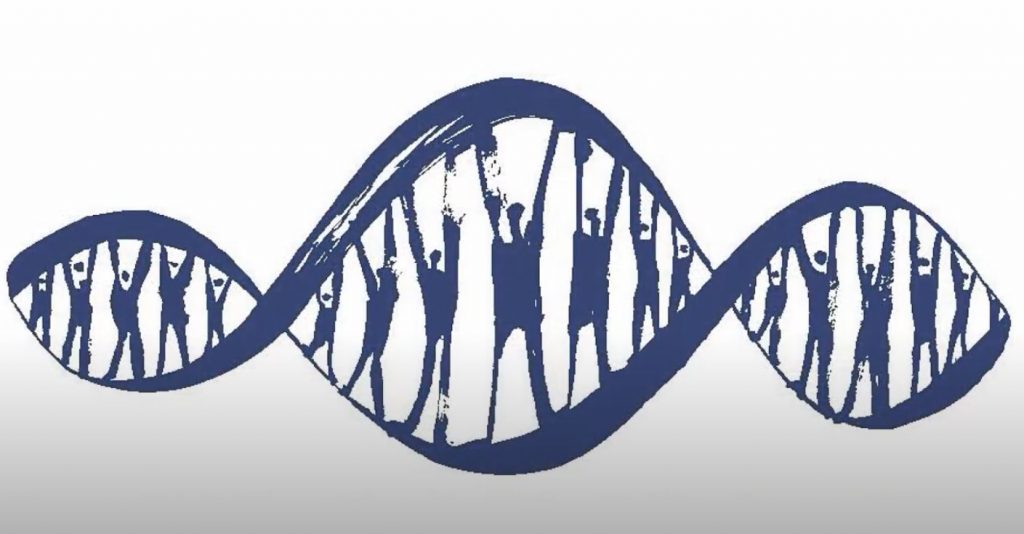 The Institute of Genomic Medicine and Rare Disorders (GRI) diagnoses genetically determined diseases with modern technologies and estimates the prevalence of frequent, complex diseases in view of variations of human genom. Beside diagnostics, the institute works with the newest biotechnological therapeutic options in some cases, helps to understand genetic reports and results in order to help family-planning and aims to prevent side effects of given drugs.
The Institute of Genomic Medicine and Rare Disorders (GRI) diagnoses genetically determined diseases with modern technologies and estimates the prevalence of frequent, complex diseases in view of variations of human genom. Beside diagnostics, the institute works with the newest biotechnological therapeutic options in some cases, helps to understand genetic reports and results in order to help family-planning and aims to prevent side effects of given drugs.
Single gene defects have been described over several thousands of diseases. Diseases with a prevalence of less than 1:2000 are known as rare disorders. Our institute focuses on rare and genetically determined diseases. More than 60% of them affect either peripheral or central nervous system and striated muscles. Therefore the vast majority of our patients have neurological and/or psychiatrical problems. These patients are seen at our Neurogenetics Outpatient Clinic, while those with multiorgan affection or unknown origin, are seen at general Outpatient Clinic of Rare Disordes. Doctors, working at this clinic refer patients (after a screening examination and basic laboratory tests) to specialists, belonging to the Network of Rare Disorders of Semmelwies University. Wide range of modern examinations are available, like neurophysiology, molecular genetics, myopathology (muscle and nerve biopsy) and cell culture laboratory. The molecular genetical laboratory offers tests for diganostics of monogenic disorders, pharmacogenomic studies (in order to predict side effects of given medication) and genetic risk estimation of complex disorders. Diagnostic work is helped by the modern radiology department: MR Research Center of Semmelwies University.
Beside diagnostics our institute offers the most modern treatment options, also in cases where „off-label” indication needs special administrative procedures or individual permisson from health care authorities.
Our colleagues can manage organisation of diagnostic tests, taken abroad in case of rare diseases if needed, as well as transport of DNA samples and analysing the results.
Our Outpatient Clinic of Prediction and Prevention offers risk factor analysis, medical counseling and guidance for patients suffering from rare, complex diseases. This service is not financed by Hungarian health care system. We work in close collaboration with specialists in neurorehabilitation, psychologists, physiotherapists in order to offer both diagnostics and comprehensive patient care.
Mária Judit Molnár MD, PhD, DSc
Head of Institute